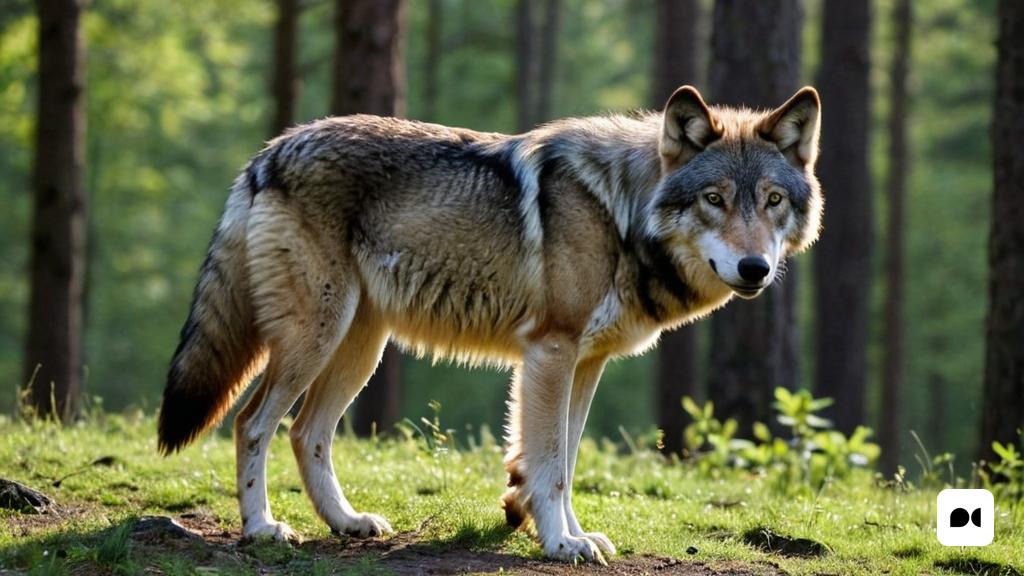A ruling that reconfigures species management
Recently, the Court of Justice of the European Union (CJEU) has issued a ruling questioning the legality of the regulation in Castilla y León that authorizes the hunting of wolves, despite the fact that their conservation is considered unfavourable at the national level. This ruling opens a new chapter in the protection of endangered species in Europe.
The European Directive and conservation management
The legislation of Castilla y León, supported by the Popular Party government, has been declared incompatible with European regulations. According to the CJEU, it is imperative that the conservation status of the fauna be favourable before considering hunting in any part of the state territory. This point is crucial, since the Spanish Government’s report sent to the European Commission in 2019 confirms that the wolf has been in an unfavourable state throughout the country since the period 2013-2018.
Implications of the verdict and species surveillance
The CJEU stresses that in cases where a species is at risk, even hunting can be completely banned if circumstances so dictate. The threats to the wolf population in Castilla y León are made even more complicated by the fact that local authorities did not take into account the aforementioned state report that highlighted the unfavourable situation of the wolf.
Need for a science-based approach
The court emphasises that decisions regarding hunting must be based on reliable data on the conservation status of the species, which must be assessed every six years by the Member States, thus ensuring that the standards established by the European Directive are respected. The lack of this scientific approach has led to wolf management in Castile and Leon being subject to scrutiny.
The future of the wolf in a protection framework
The ruling also states that when species are in a critical state of conservation, it is crucial that the responsible entities implement effective measures to reverse this situation. This includes everything from protecting their natural habitat to considering restrictions or even a total ban on hunting in situations where high risks are perceived.
This statement makes it clear that caution must be the rule when there is uncertainty about the future of a species. It is therefore essential that management decisions are responsible and informed by the best available scientific information.
A call to reflection on sustainability
This debate on wolf hunting may be a broader indicator of how the relationship between human activities and wildlife conservation is managed. At a time when sustainability must be at the heart of all political decisions, it is essential that citizens unite in communities committed to protecting the environment. It is time to project the future towards a coexistence that respects our biodiversity.

